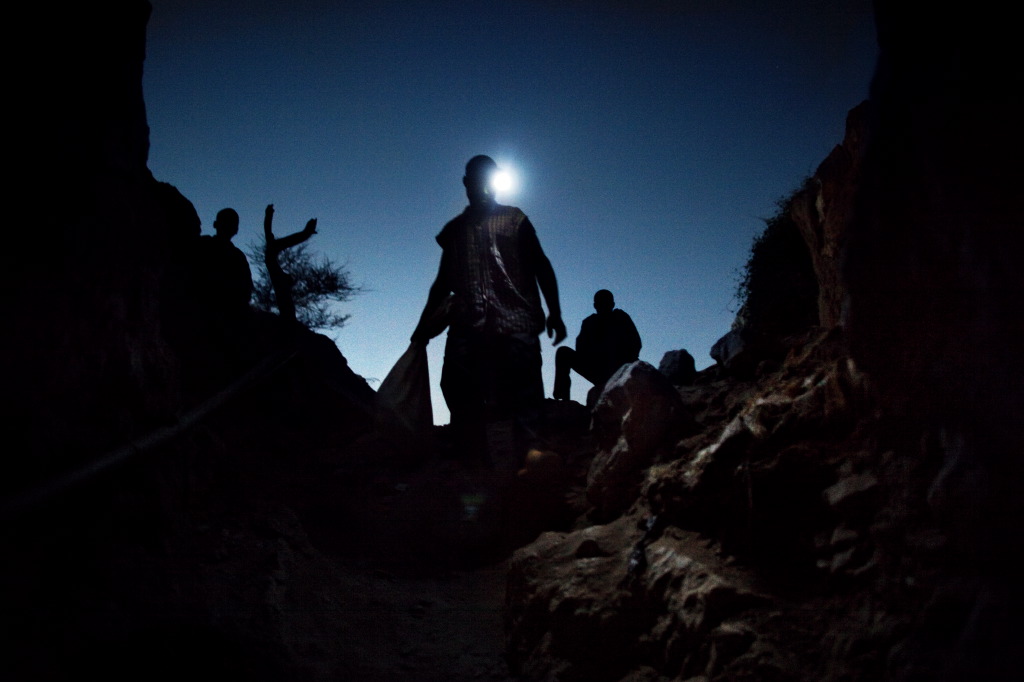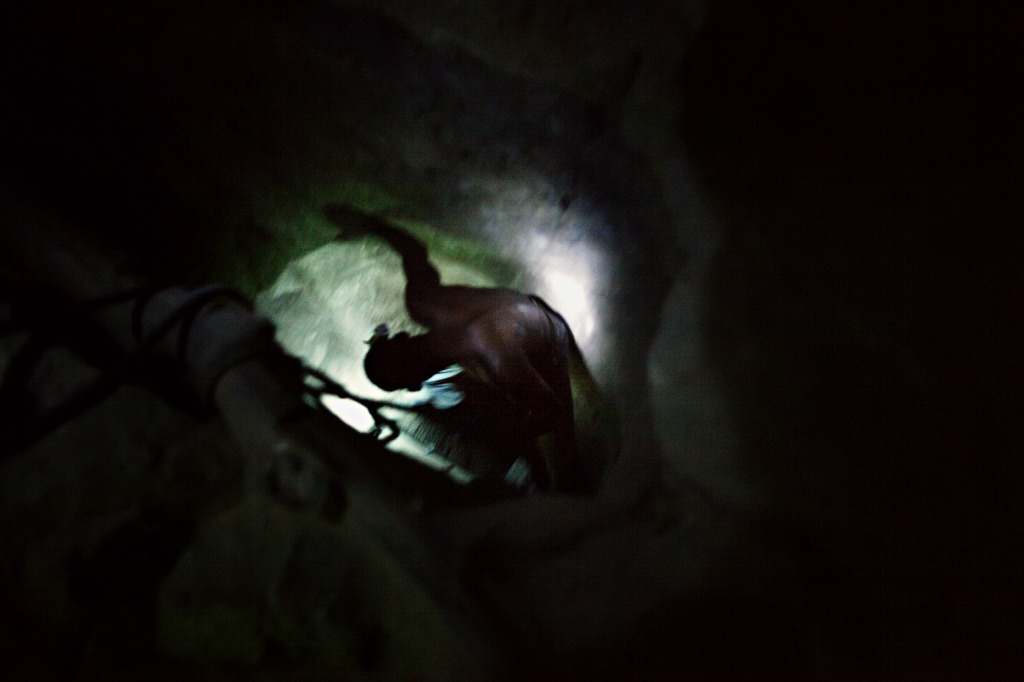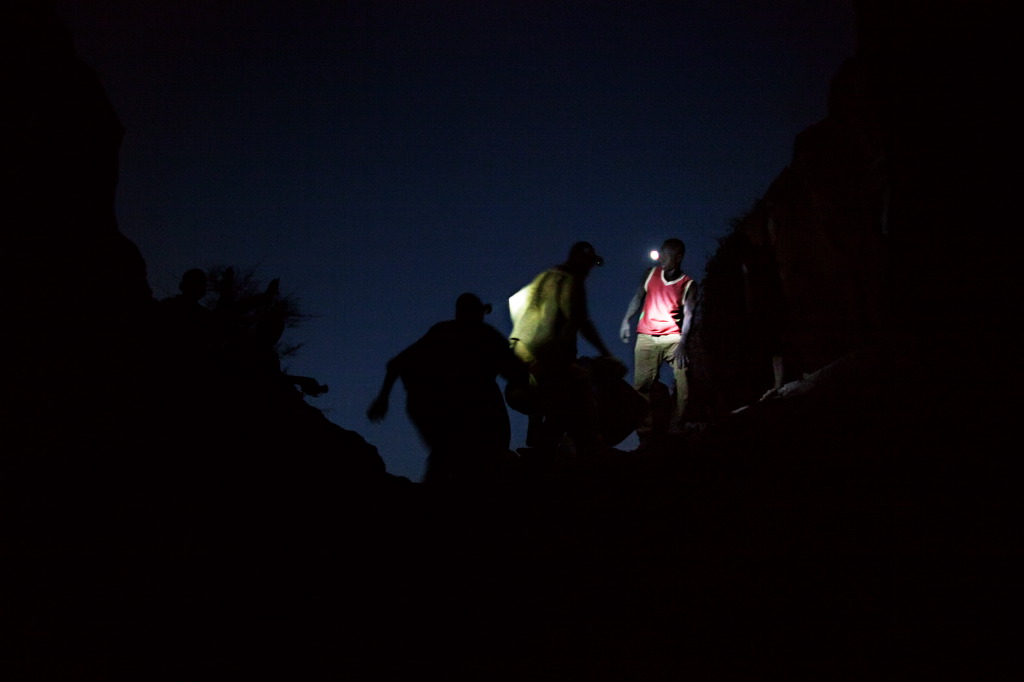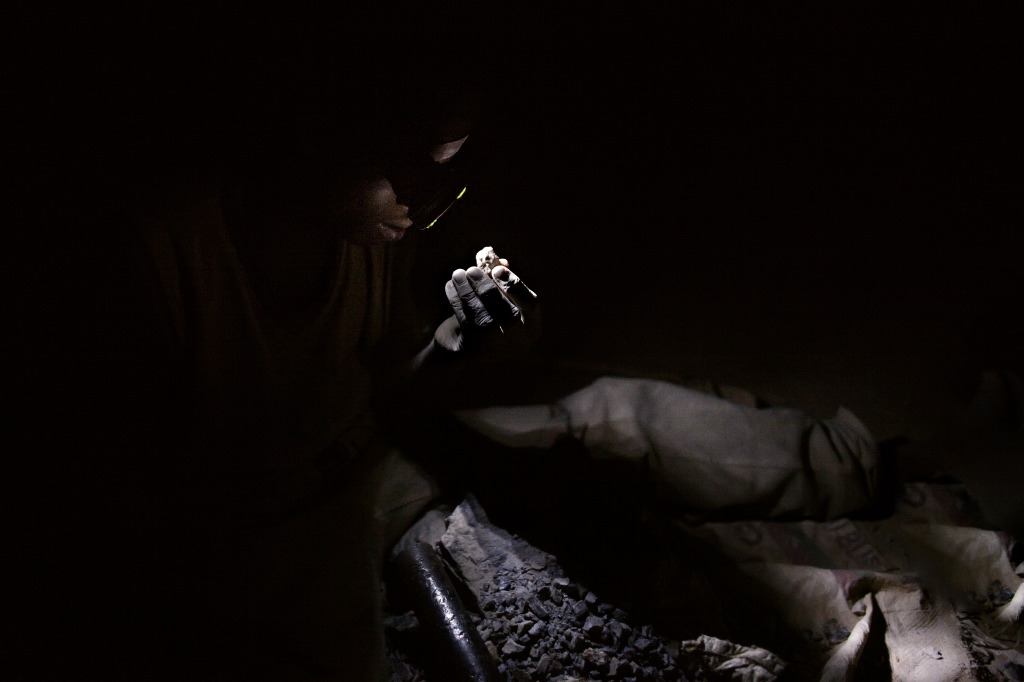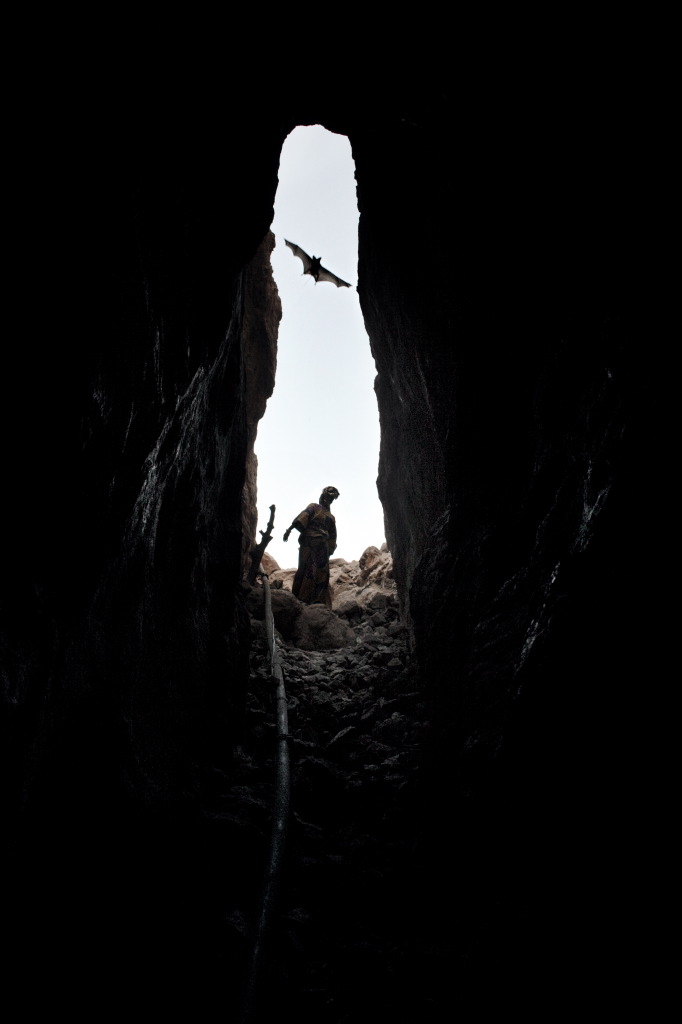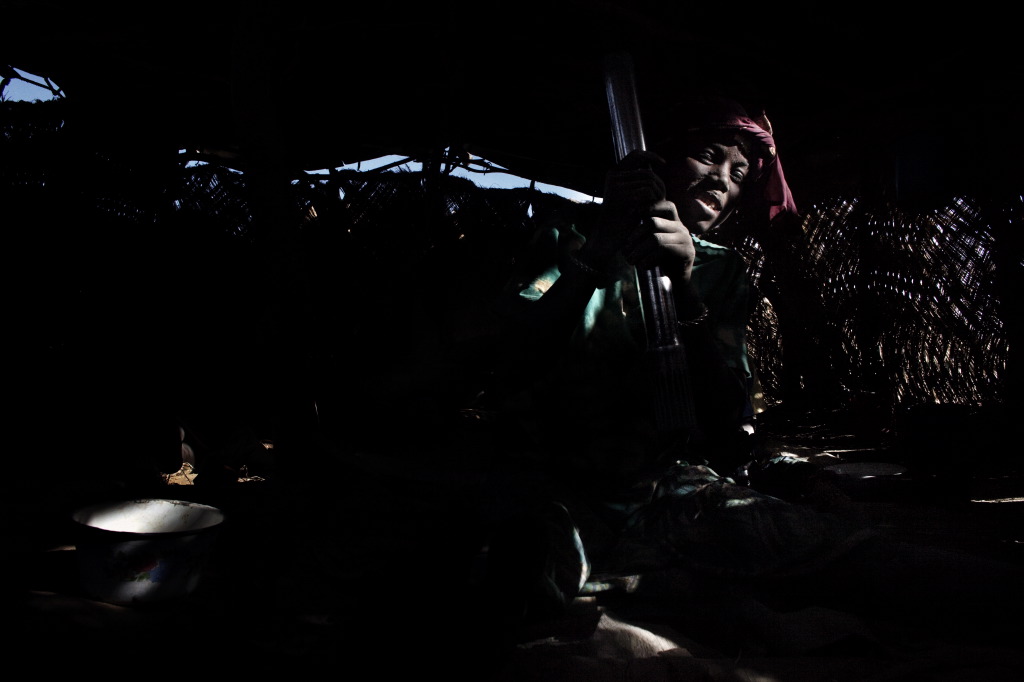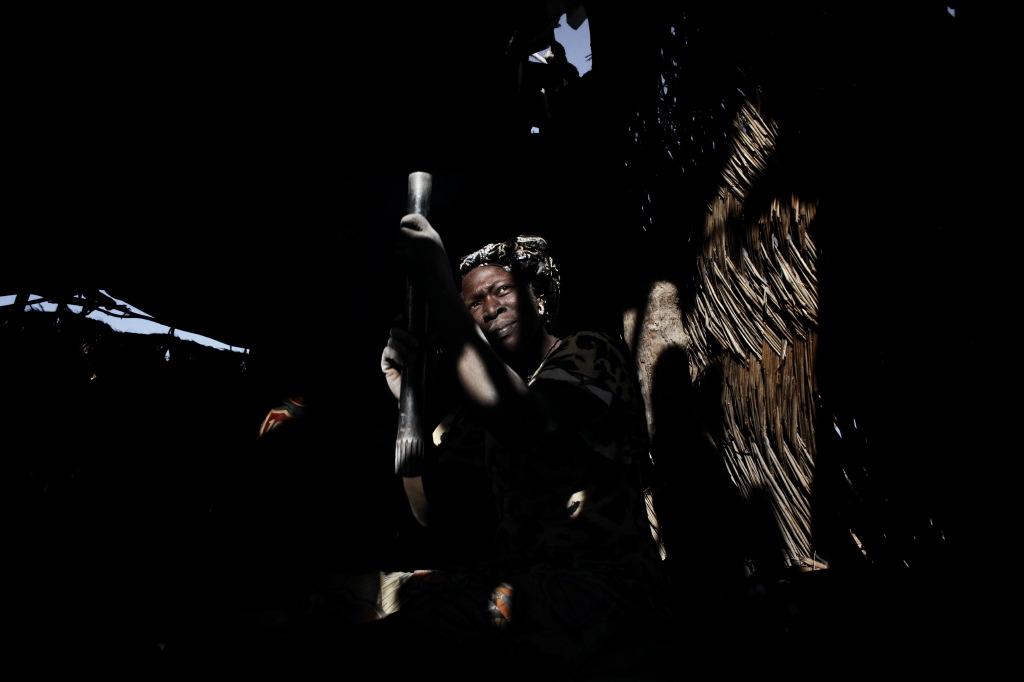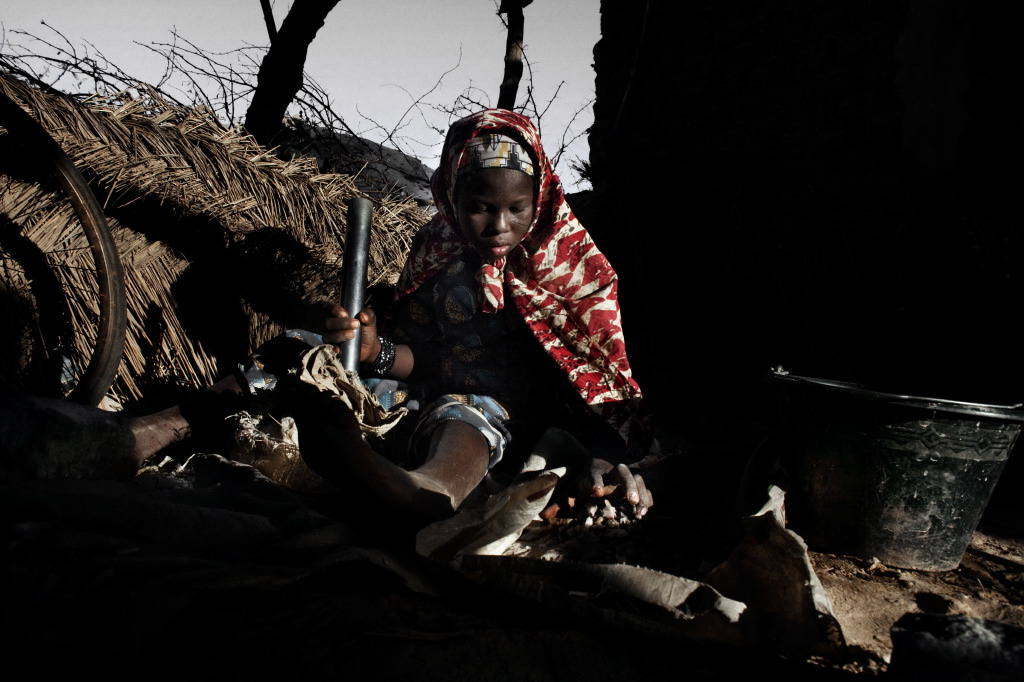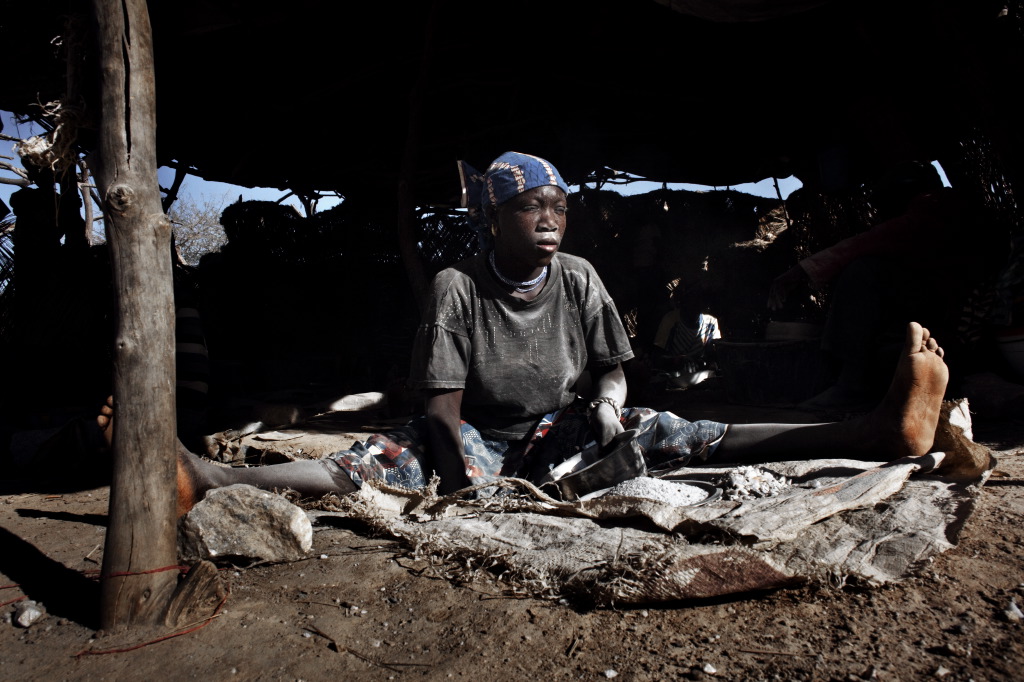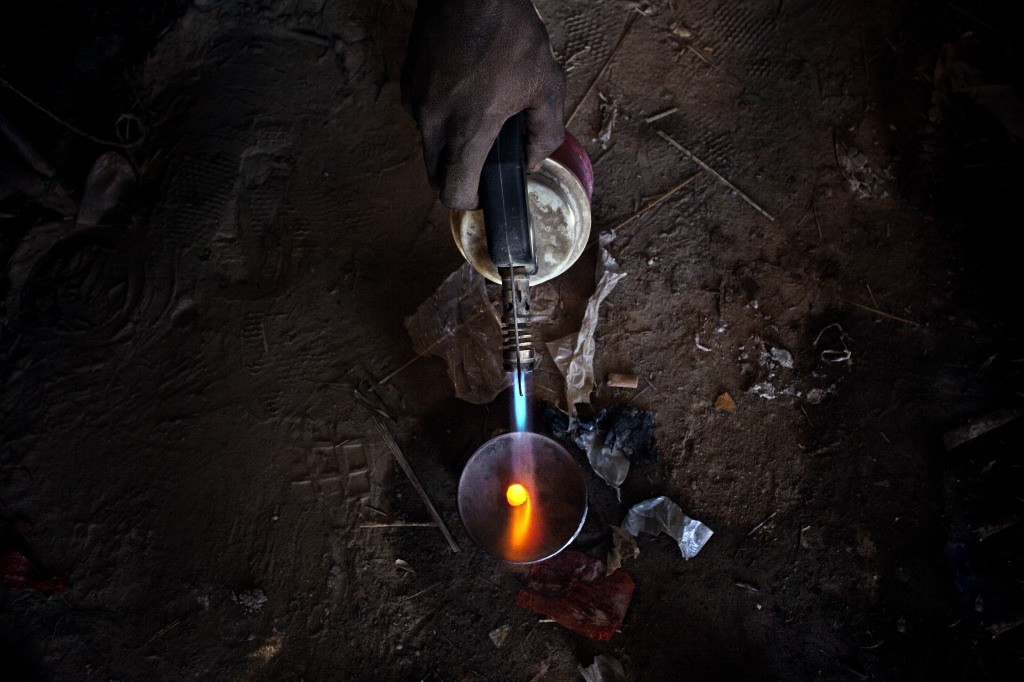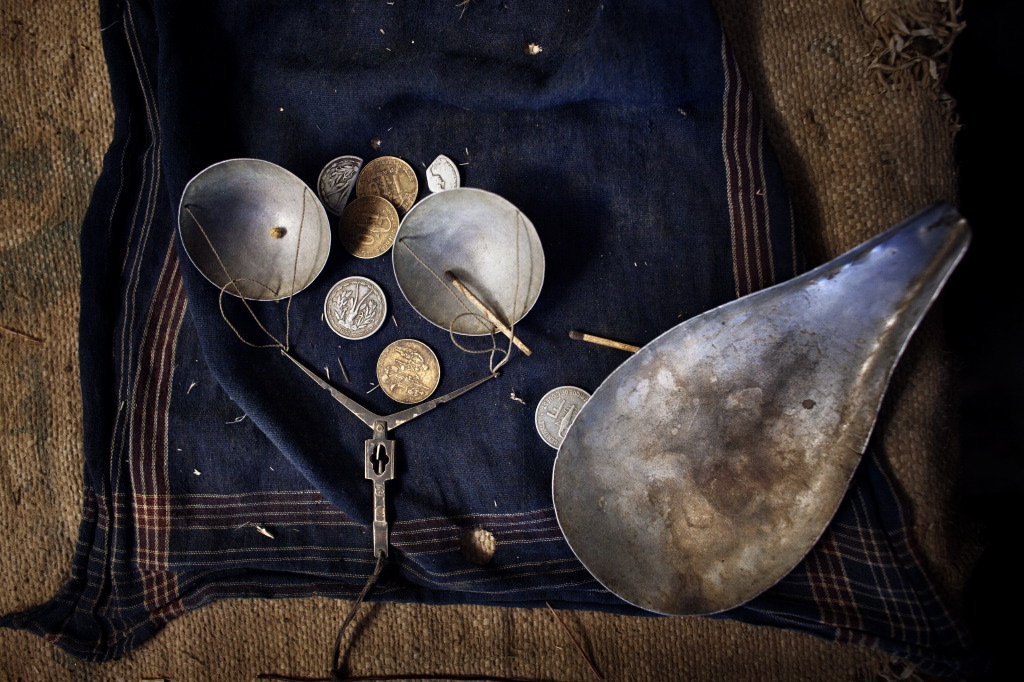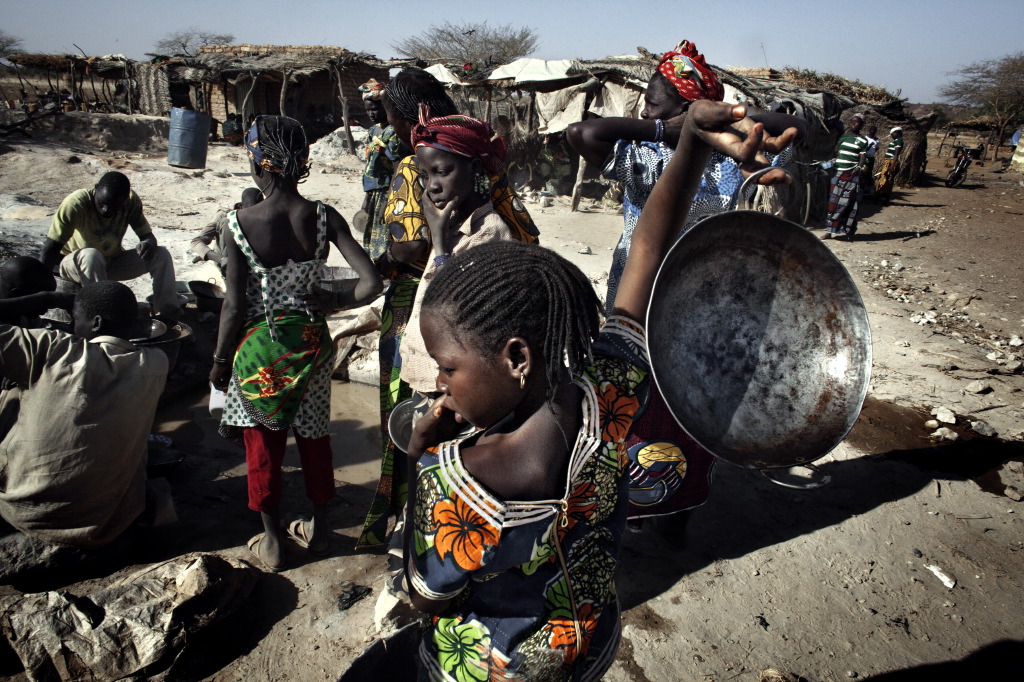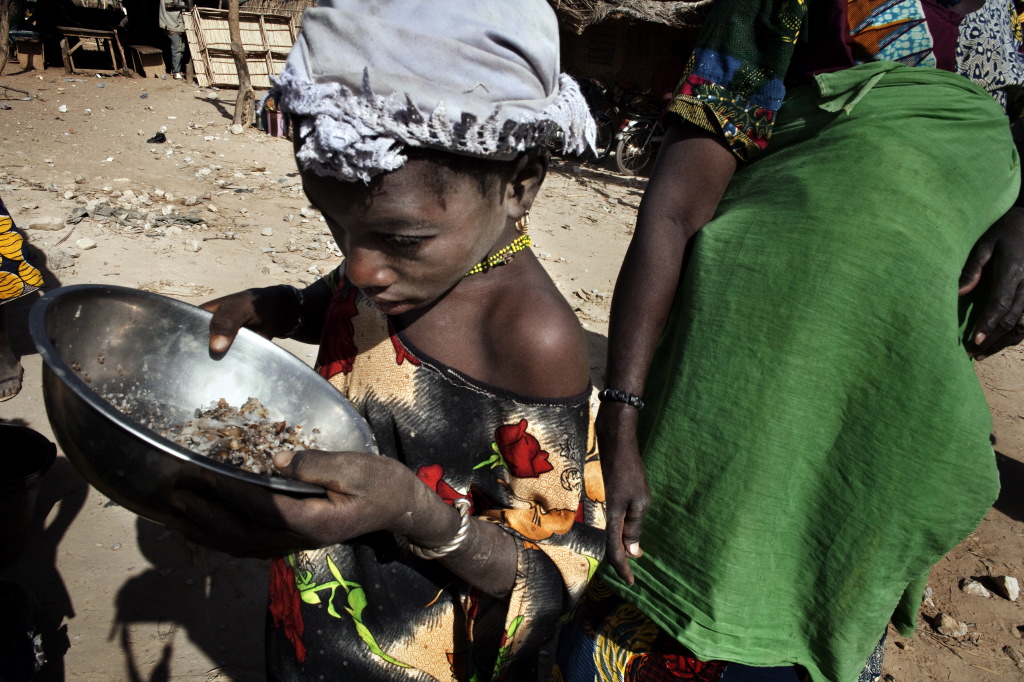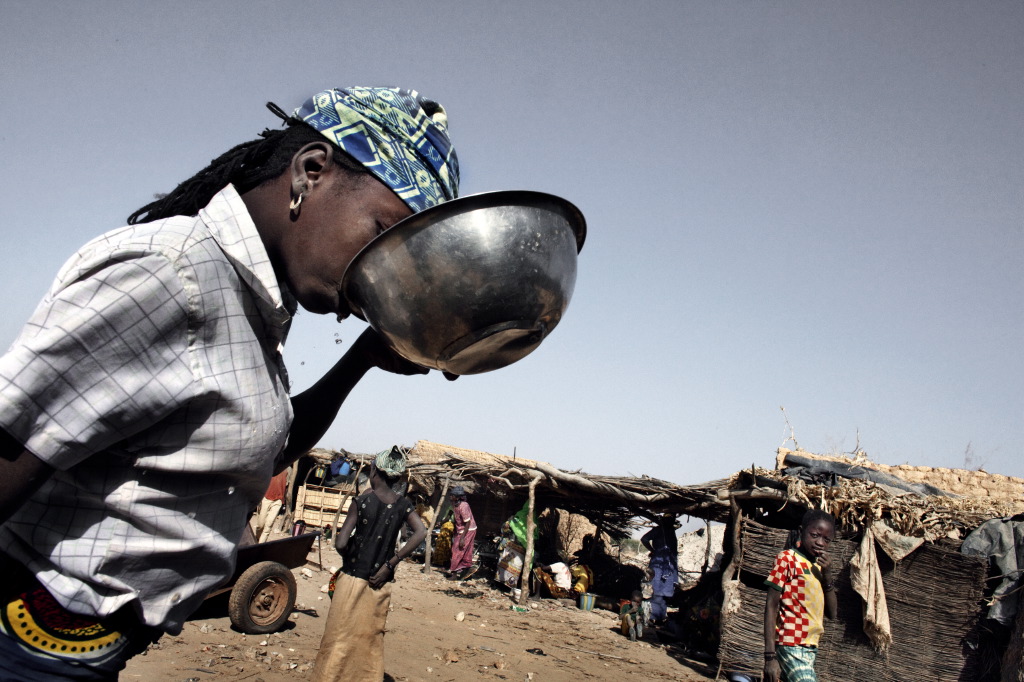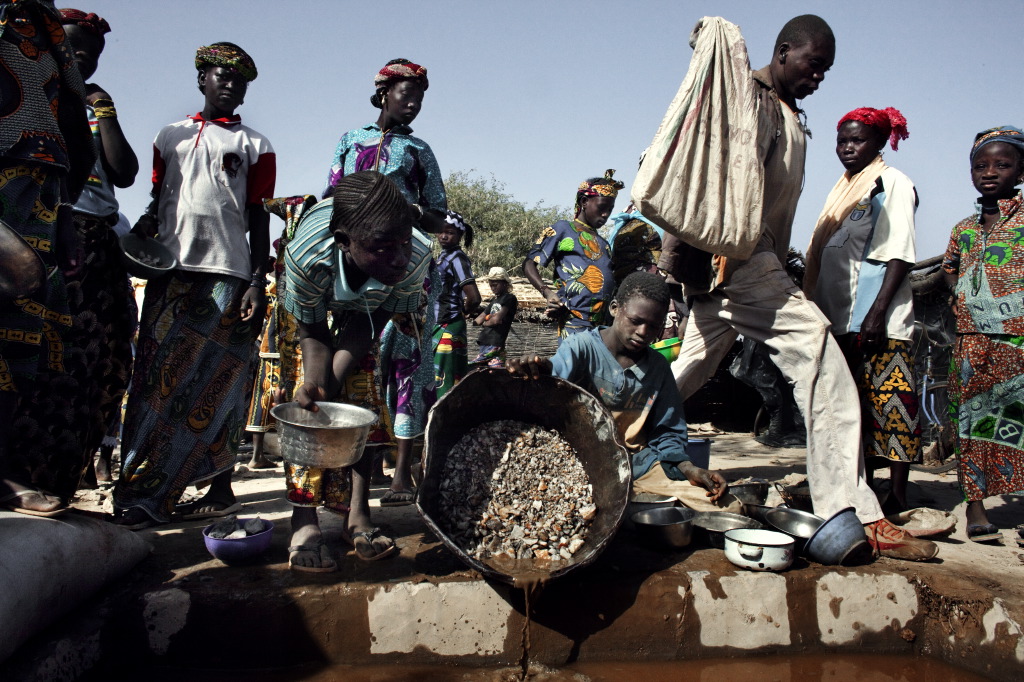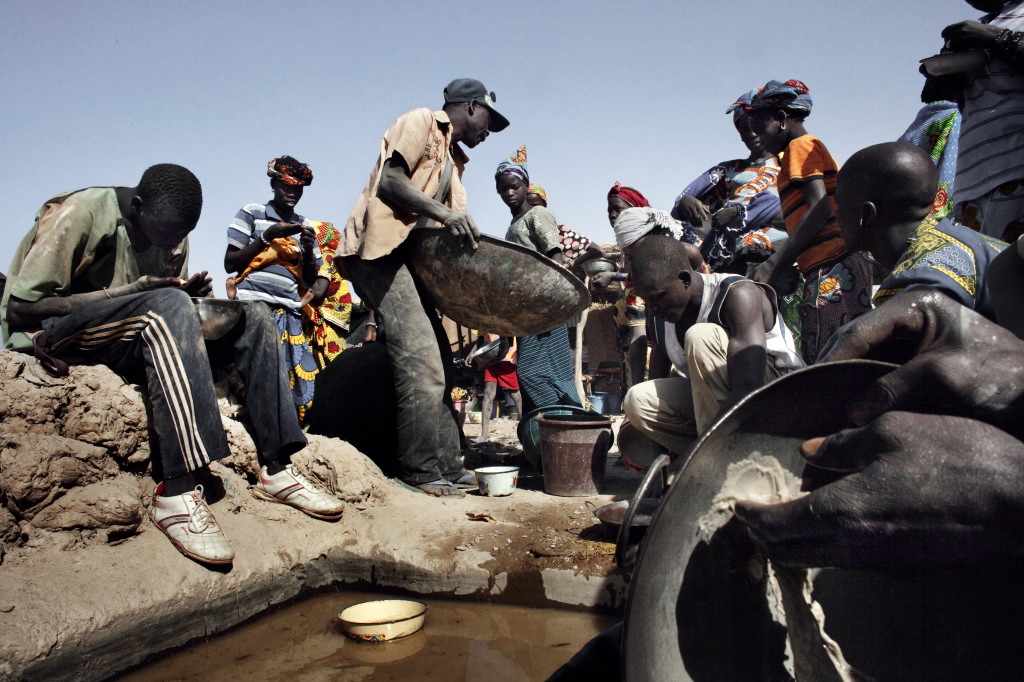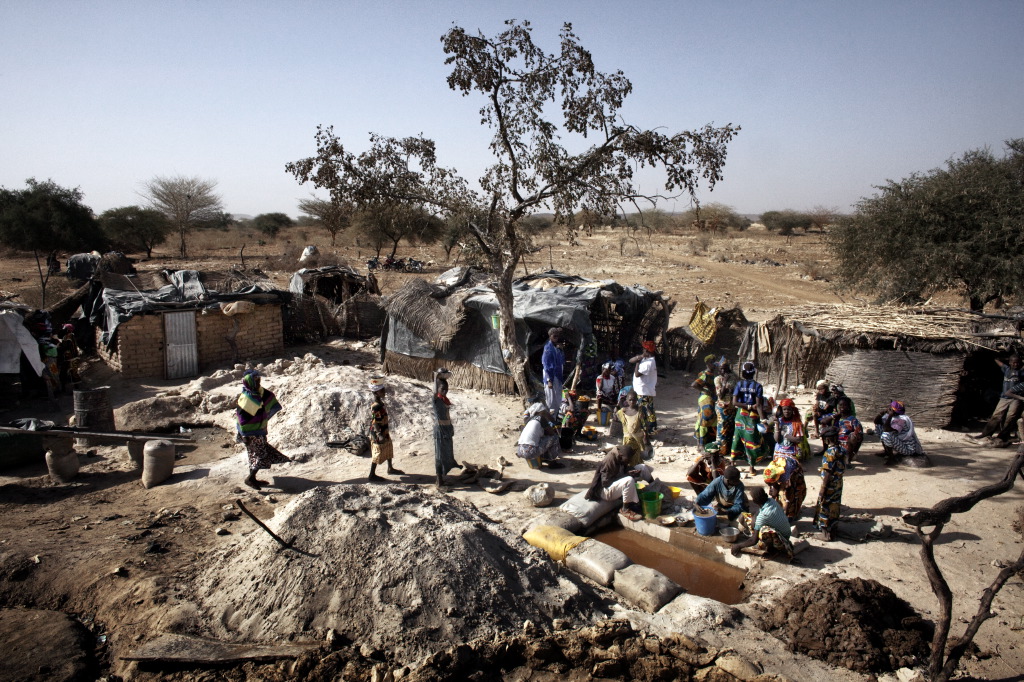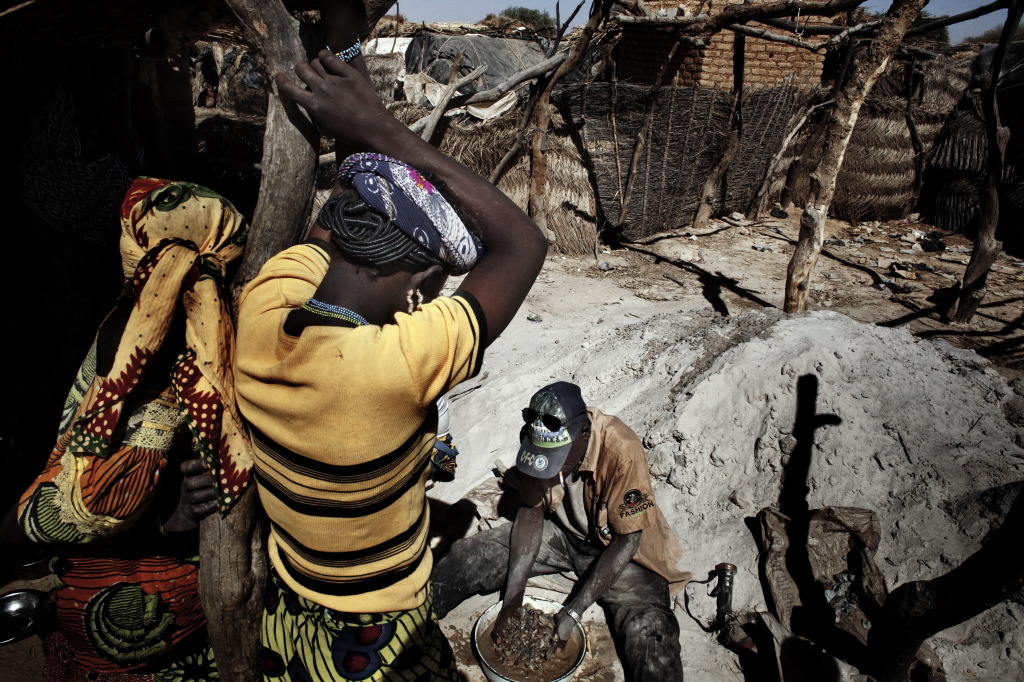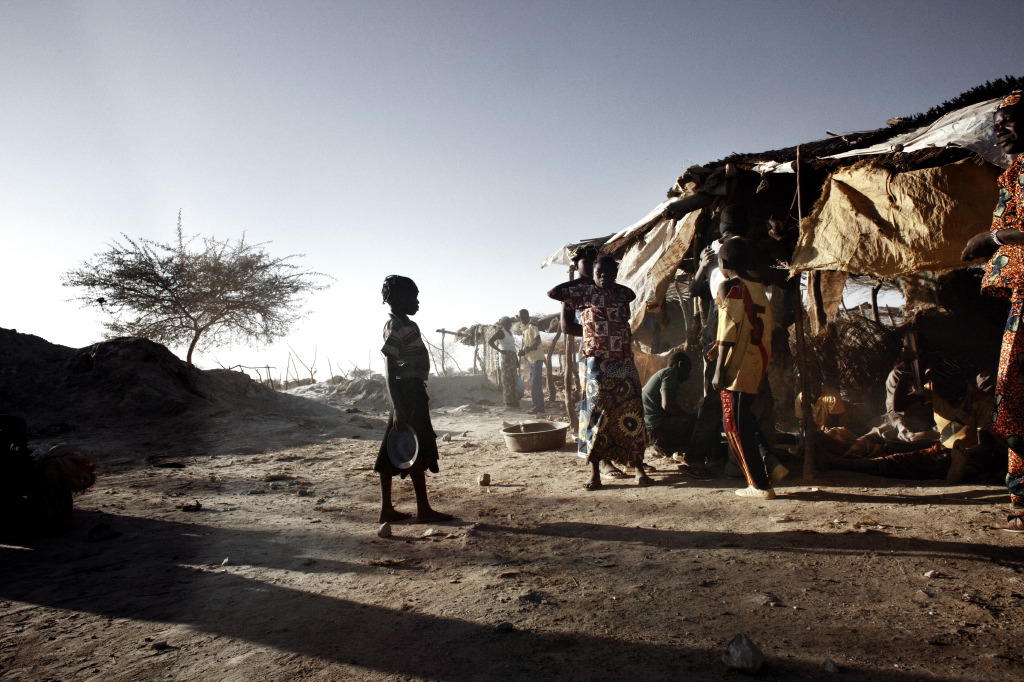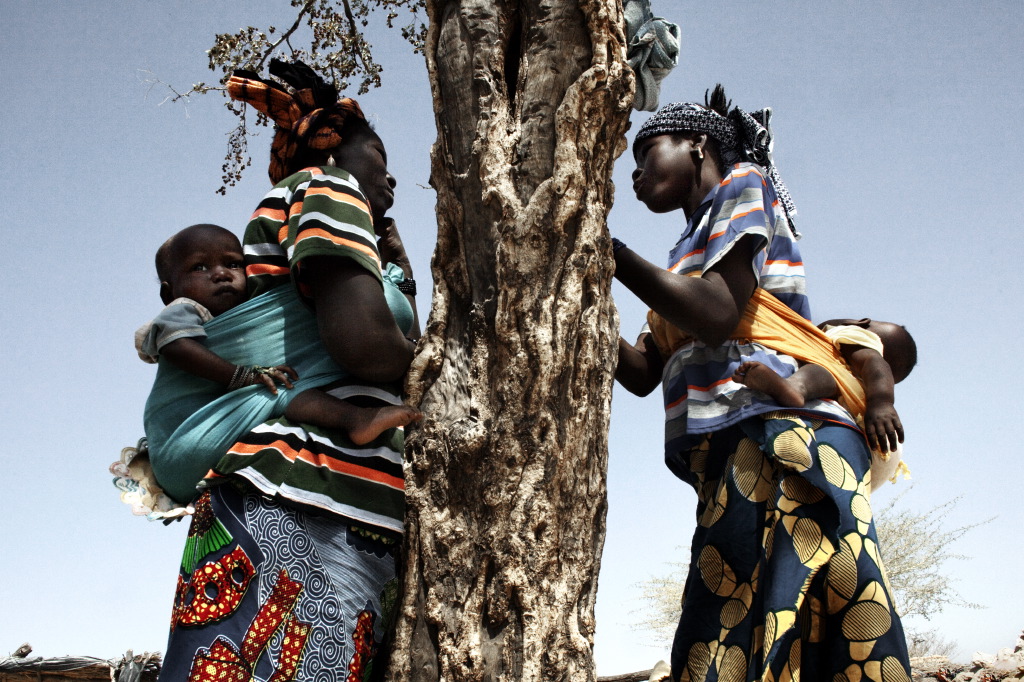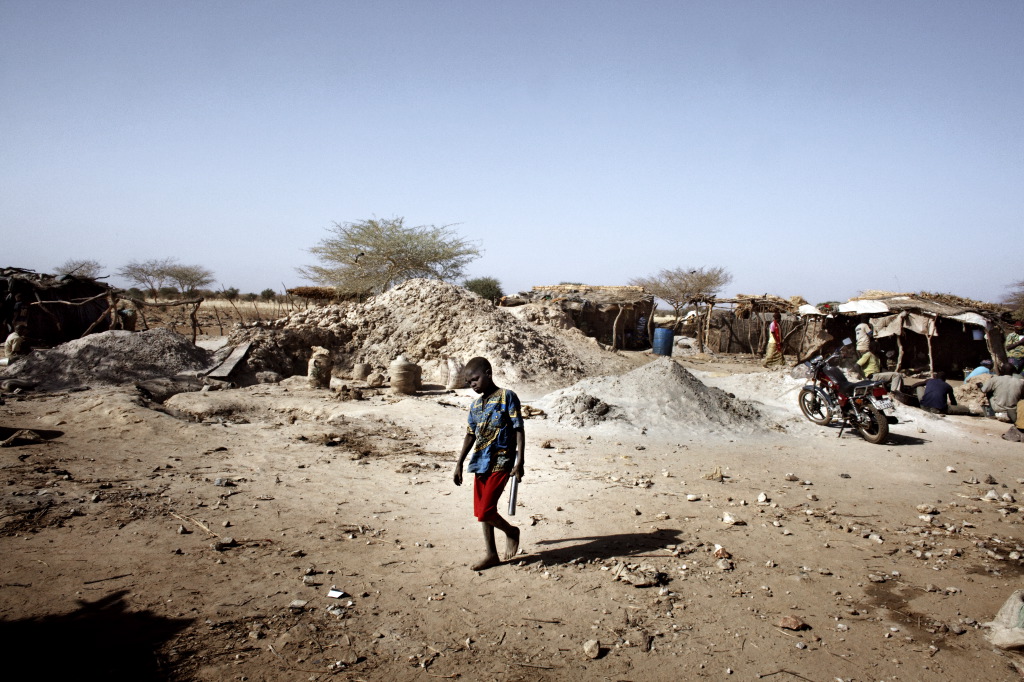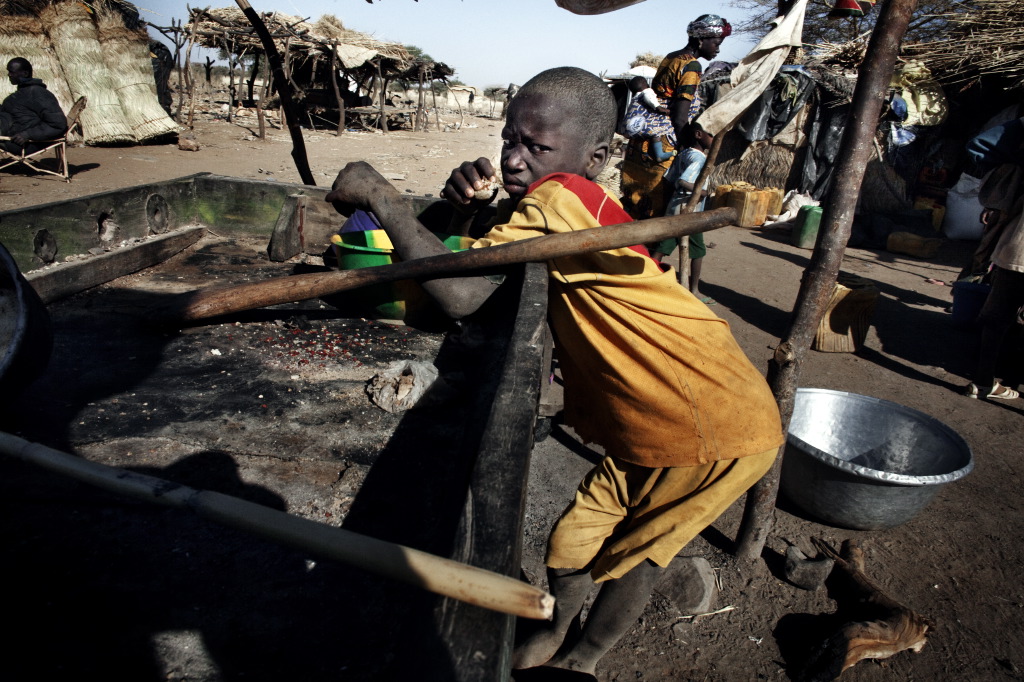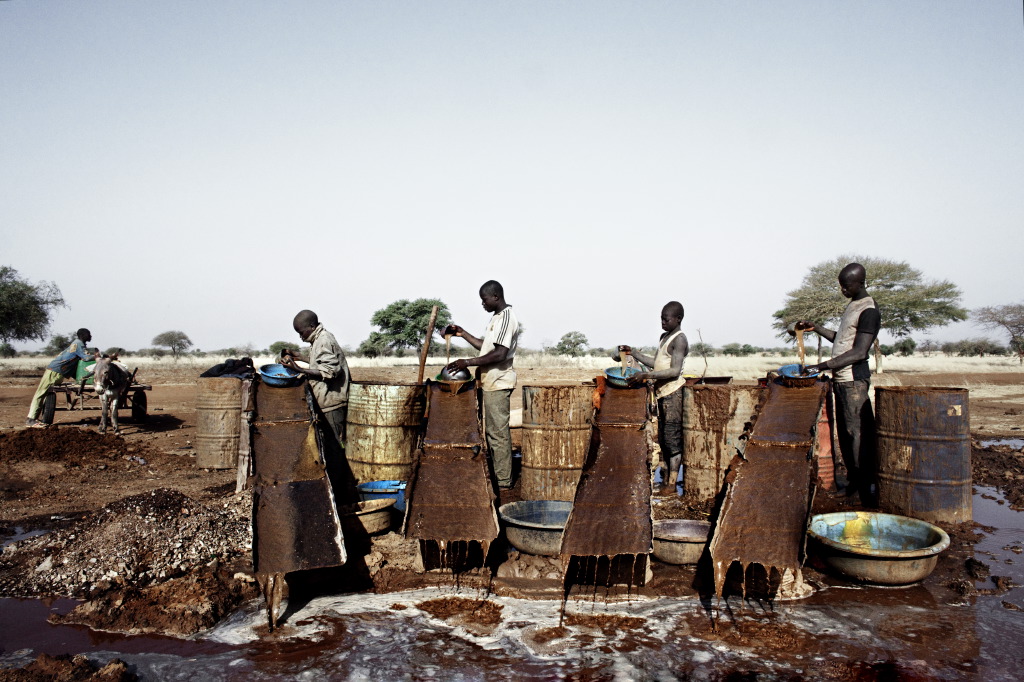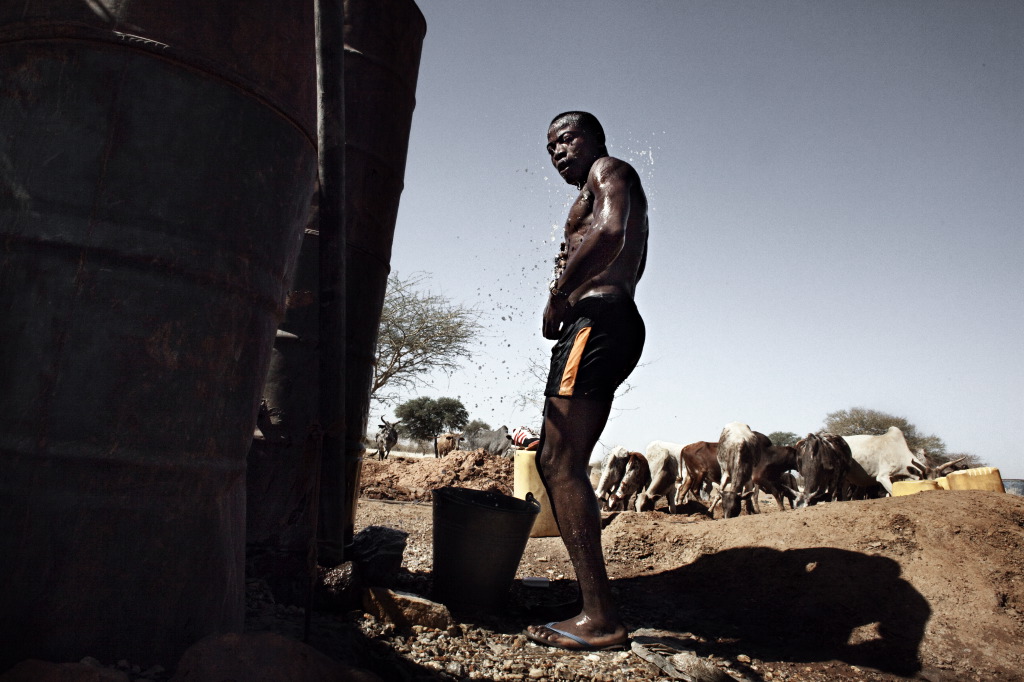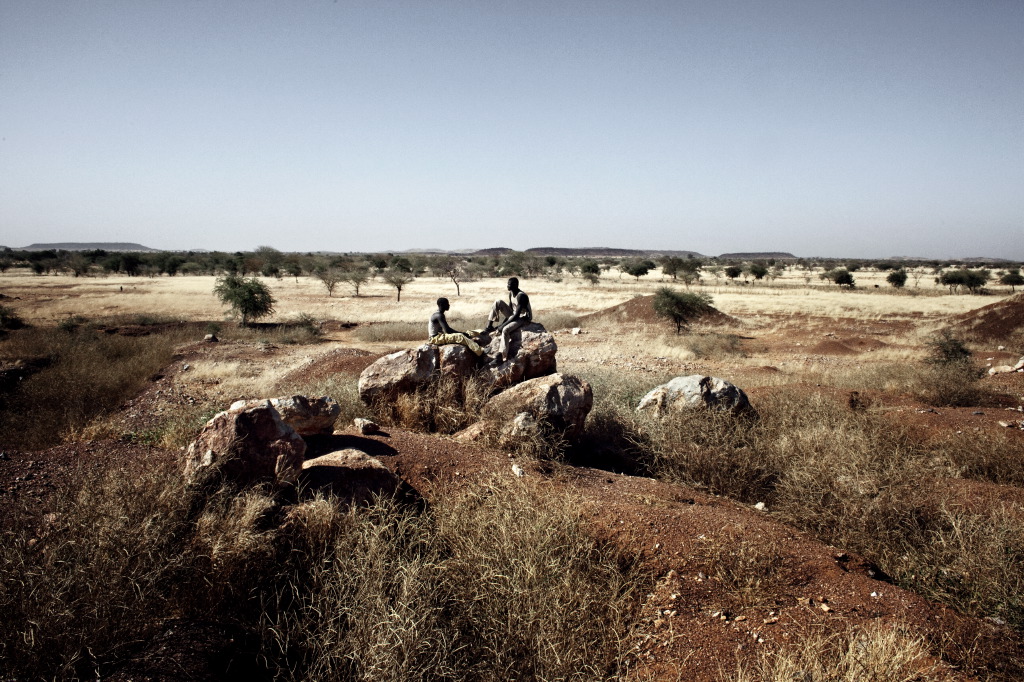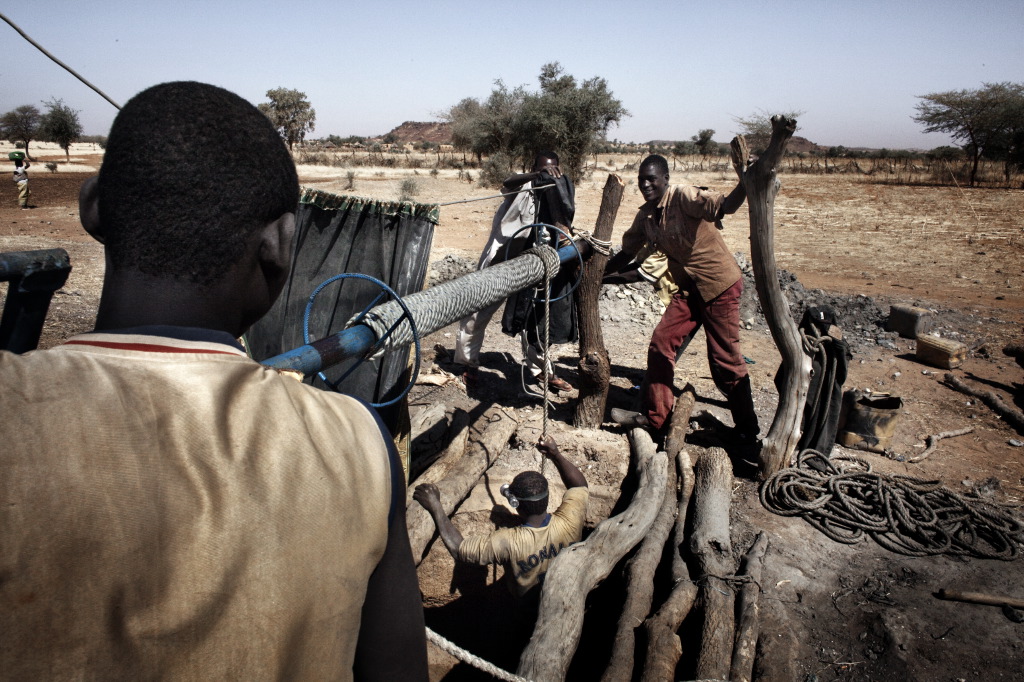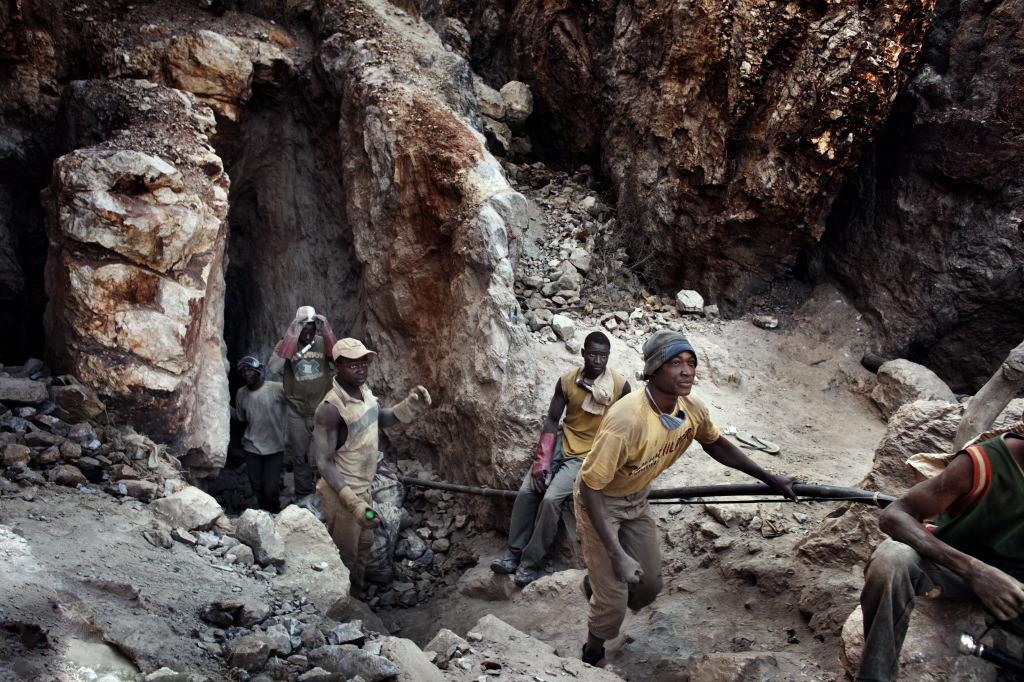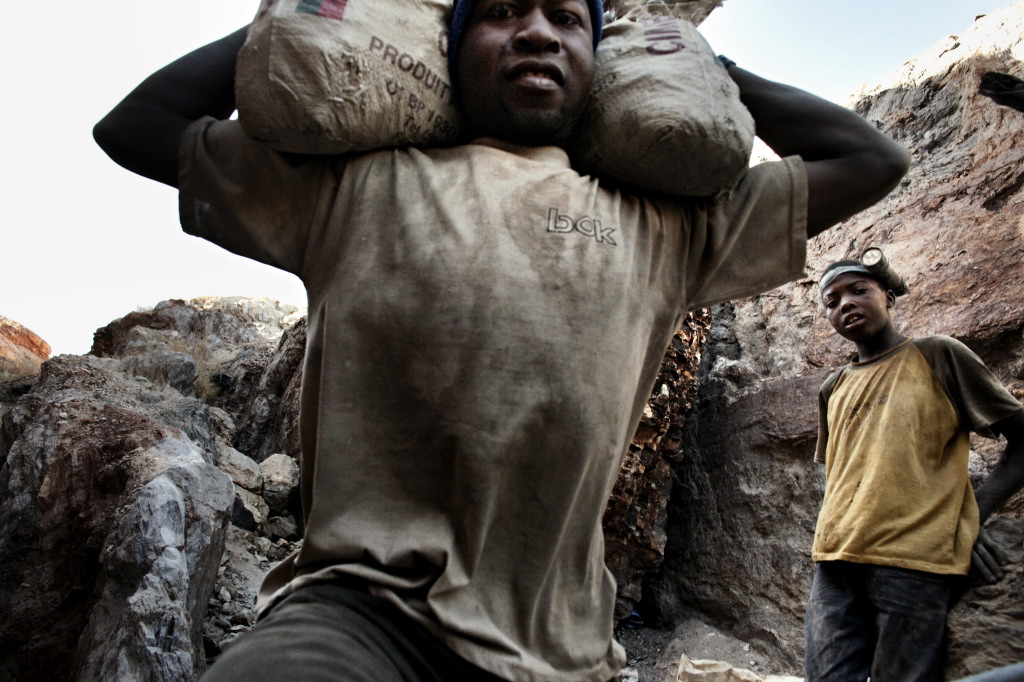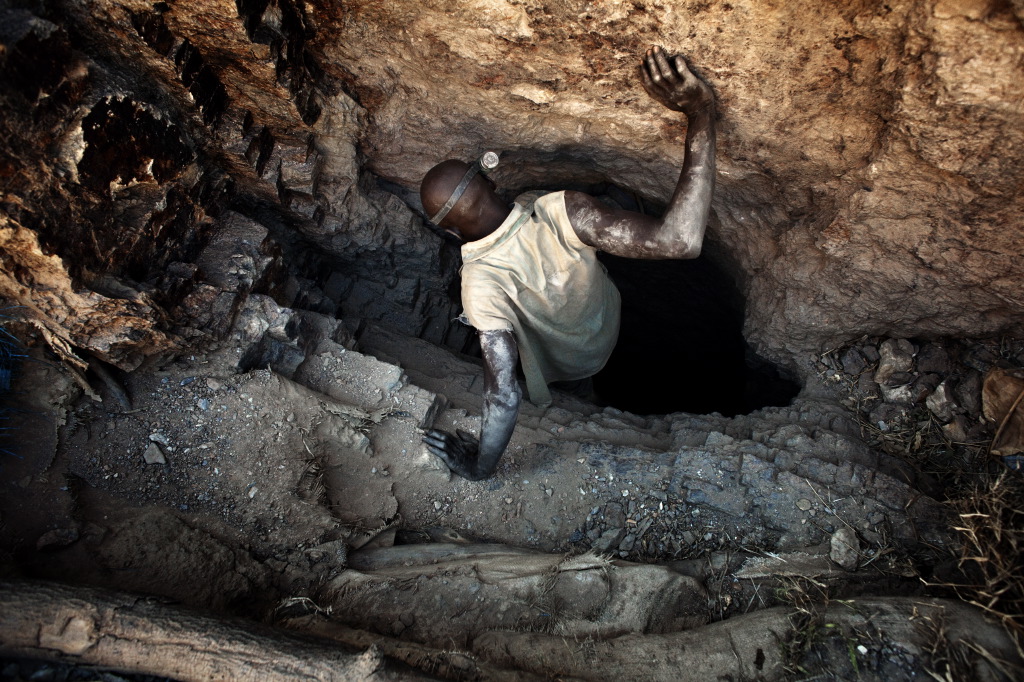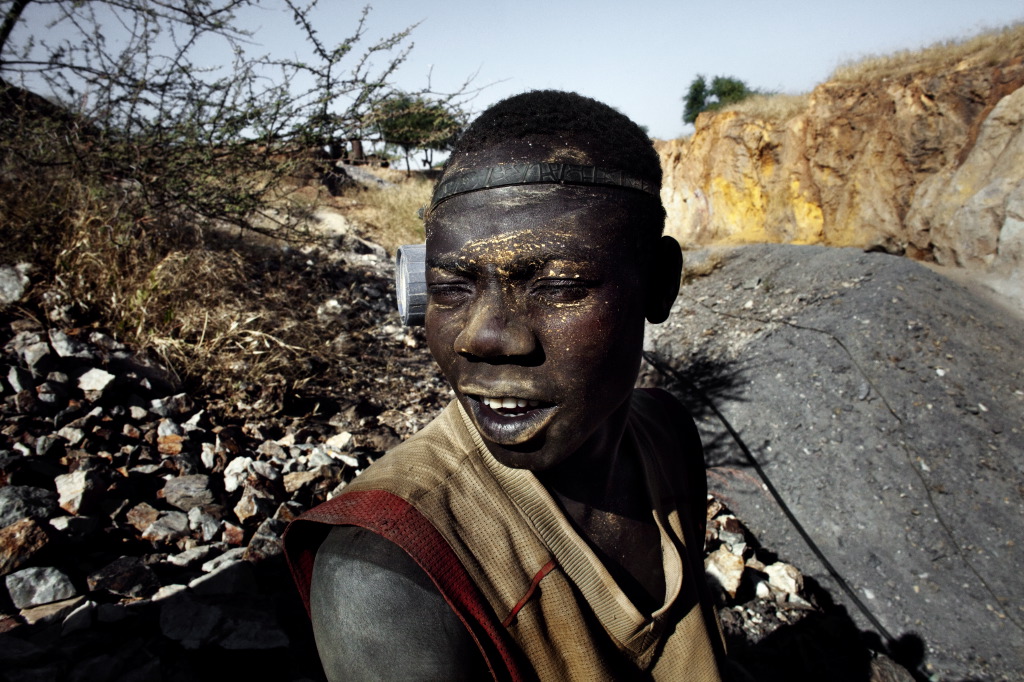X
Burkina Faso is one of the poorest countries in the world, yet ranks fourth in Africa’s production of gold. Most of the gold comes from small-scale mines, where children work alongside their parents from dawn till dusk. They only get paid based on the amount of gold they find, and sometimes they won’t make any money for weeks, even months. The work is hazardous. Mines collapse frequently, and the working environment is intoxicated with dangerous chemicals such as mercury, that is used in the extraction process. Thousands of Burkina Faso’s youths live and work in these sites. Most of them have never attended school. For many of them, the gold mines are their only home. The International Labor Organization considers mining one of the worst forms of child labor due to the immediate risks and long-term health problems as miners are exposed to dust, toxic chemicals and heavy metals—on top of back-breaking manual labor. In fact, gold diggers employ rudimentary tools and there is no safety system. In the Bani gold mine, the men crawl on all fours, along tunnels 80 meters underground, propped up with bags of earth and iron bars against the risk of landslides. Women and children deal with the crushing of stones and dust, which is deposited everywhere and is highly harmful to their health. The prospector is obliged to sell his gold, once treated, to the company that holds the authorization for exploitation. The work in the Bani mine is nothing but the dramatic story of modern slavery. A place made of desolation, of violated human rights, where “the future is excavated” without having a future, but with the hope of returning to light with some fortune in your hands. (text by Luca Catalano Gonzaga).
